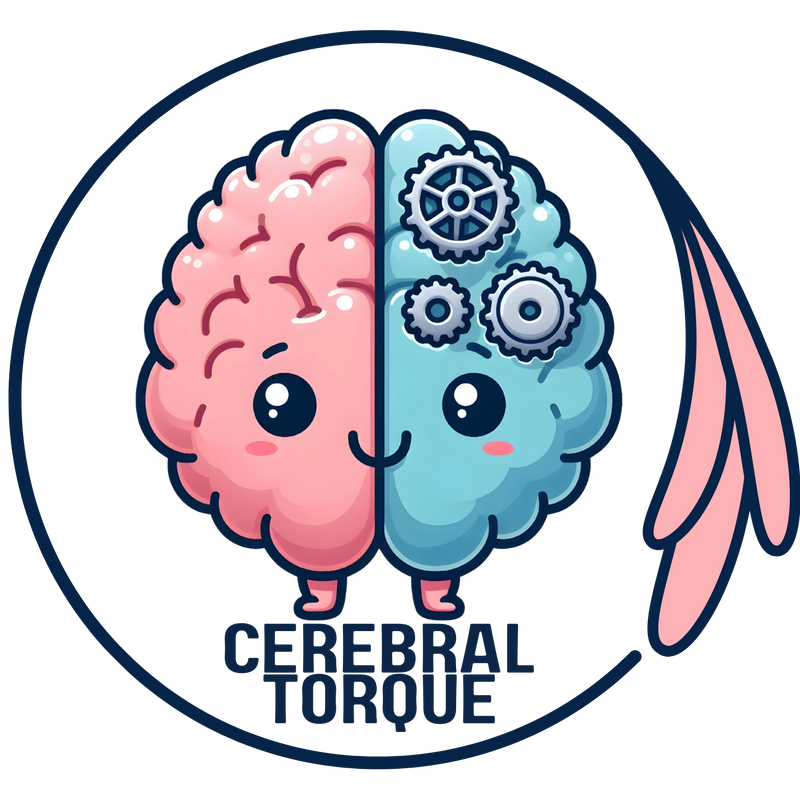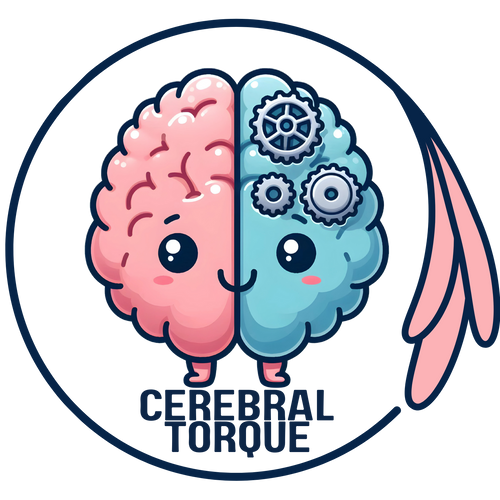Clinical Predictors for Efficacy of Erenumab (Aimovig) for Migraine
Posted on April 24 2025,
Clinical Predictors for Efficacy of Erenumab (Aimovig) for Migraine
Study Overview
The REFORM study (Registry for Migraine) evaluated clinical predictors that might help identify which migraine patients would respond well to erenumab (Aimovig) treatment. This single-center, prospective, longitudinal cohort study involved adults with migraine who received erenumab 140 mg monthly injections for 24 weeks, with comprehensive data collection on clinical characteristics and treatment outcomes.
Key Findings
- Significant reduction in monthly migraine days in over half of participants
- Certain clinical factors negatively predict response to erenumab treatment
- Older age is associated with better treatment outcomes
- Patients with a more severe clinical profile may require longer to respond
- First large-scale analysis of clinical predictors for erenumab response
Study Design & Patient Characteristics
The REFORM study enrolled adults with migraine experiencing ≥4 monthly migraine days, with comprehensive baseline data collection and 24-week follow-up. Participants completed daily headache diaries and multiple patient-reported outcome measures were collected before and after treatment.
"The high costs and restricted accessibility of CGRP-targeted mAbs further emphasize the need for reliable clinical predictors of treatment response. Identifying such predictors could enhance clinical decision-making and provide insights into the neurobiologic underpinnings of migraine."
Primary Outcomes & Key Predictors
The study evaluated predictors of response to erenumab (Aimovig), with the primary outcome being achievement of ≥50% reduction in monthly migraine days from baseline to weeks 13-24 of treatment.
Model Performance
- Multivariable model area under curve: 64.6%
- At optimal threshold, the model had 62.1% accuracy
- 62.1% sensitivity and 60.2% specificity
- Potential for improved prediction with additional biomarkers
Early vs. Late Responders
An important finding was the difference between patients who responded early to erenumab (weeks 1-12) versus those who showed a delayed response (weeks 13-24).
"Late responders were more likely than early responders to have chronic migraine, reporting more monthly headache days and higher MIDAS scores. In terms of attack features, late responders less often had unilateral headache and had higher ASC-12 scores."
Partial Responders
The study also examined patients with a partial response (30-49% reduction in monthly migraine days), which may represent a clinically meaningful improvement for patients with treatment-resistant migraine.
Implications for Difficult-to-Treat Patients
- About one-fifth of patients with severe phenotypes achieved 30-49% reduction in monthly migraine days
- Mean migraine day reduction ranged from -5.8 to -6.8 days in partial responders
- A 30% reduction may represent a meaningful goal for treatment-resistant patients
- Patients with severe clinical profiles may benefit from extended treatment trial periods
Conclusions & Clinical Implications
The REFORM study provides valuable insights into which patients are likely to respond to erenumab (Aimovig) treatment and how quickly that response may develop, with important implications for clinical practice.
Key Conclusions
- Chronic migraine, daily headache, and multiple preventive medication failures predict poorer response to erenumab
- Despite negative predictors, a significant proportion of "difficult-to-treat" patients still benefit from treatment
- Older age and unilateral headache are associated with better outcomes
- Extended assessment periods (16 weeks rather than 12) may better identify late responders
- Setting realistic treatment goals (including 30-49% reduction) may be appropriate for treatment-resistant patients
"In adults with migraines, key clinical factors influencing the response to erenumab treatment include the presence of chronic migraines, daily headache, a higher number of monthly headache days, and prior failure of multiple preventive medications. Tailored approaches, including strategies like combination therapies or adjusted treatment goals, should be considered to optimize outcomes for the most severely affected patients."
Karlsson, W.K., Ashina, M., Christensen, R.H., Al-Khazali, H.M., Ashina, H. (2025). Clinical predictors for efficacy of erenumab for migraine: a Registry for Migraine (REFORM) study. Brain Communications, 7(2), fcaf147. https://doi.org/10.1093/braincomms/fcaf147
Read the Full StudySun, Sep 14, 25
Neuroimaging Differences Between Migraine Types: Aura vs. Without Aura
Discover the latest neuroimaging research revealing key brain differences between migraine with aura and migraine without aura.
Read MoreThu, Sep 04, 25
Understanding Migraine Prodrome
Discover the migraine prodrome phase: 36 warning symptoms that occur 1-6 hours before headache onset. Learn timing patterns, predictive confidence levels, and new treatment approaches based on groundbreaking 2025 research...
Read MoreThu, Aug 07, 25
Dizziness and Migraine: When is it Vestibular Migraine?
Dizziness and migraine: Learn when dizziness is vestibular migraine vs BPPV, Meniere's disease, or vascular causes. Guide covers symptoms, diagnosis, cutaneous allodynia, and treatment options for recurrent dizziness episodes.
Read More


